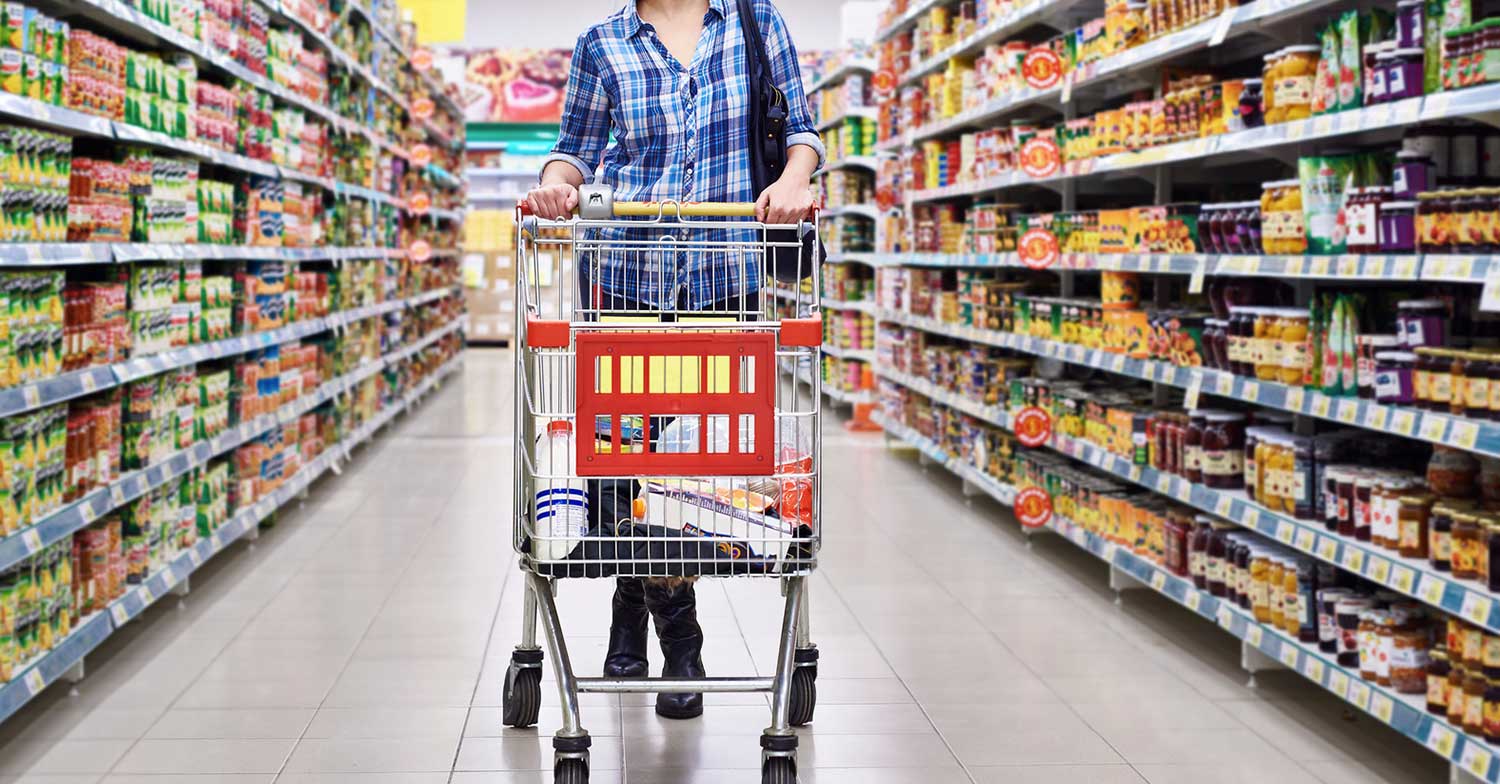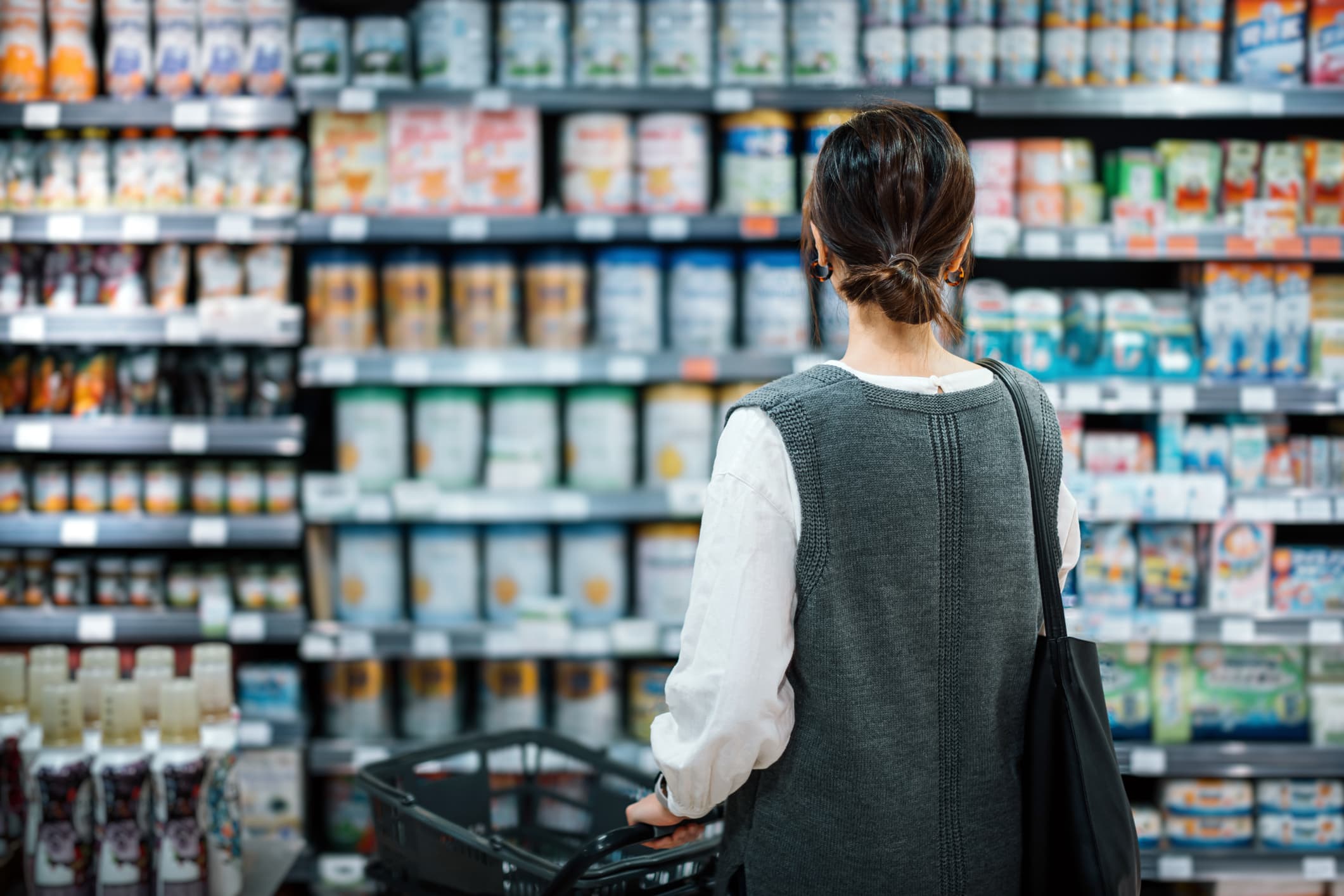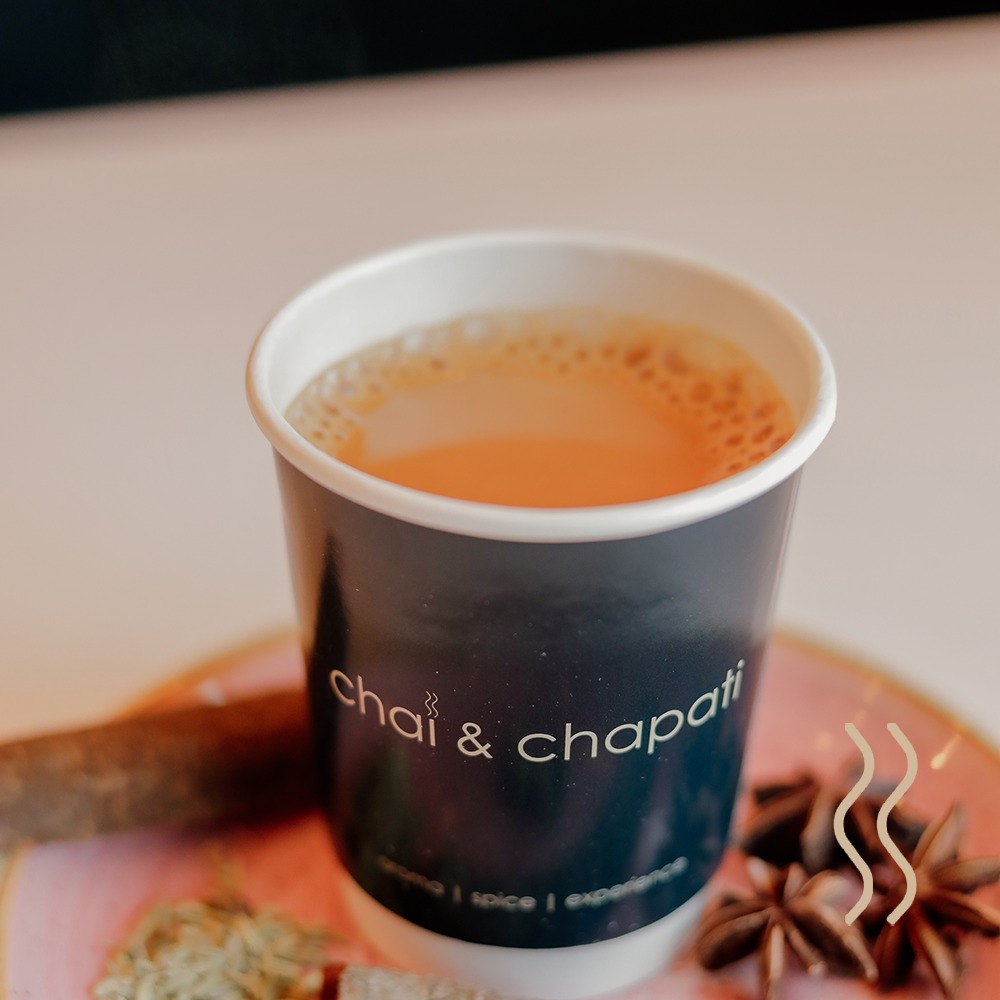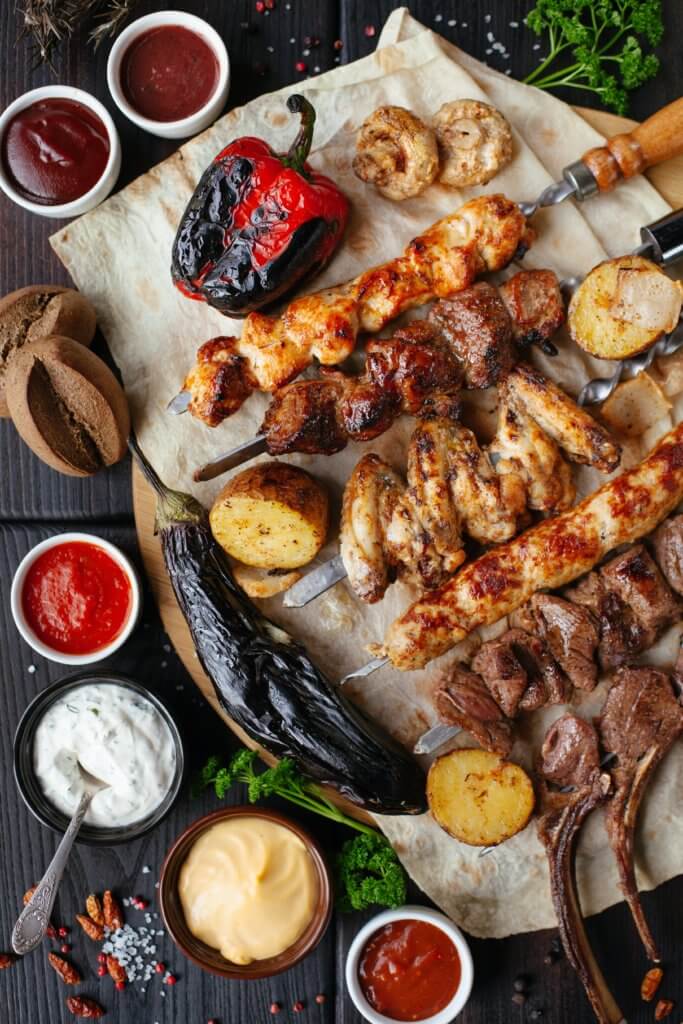-
Blog &
Read our articles

In Nov 13, 2023
Navigating the Evolving Landscape of Halal: A Shifting Definition for Muslim Grocery Shoppers
In the realm of dietary preferences, the term "halal" has long been synonymous with the concept of permissible or lawful in Islamic traditions. For Muslim grocery shoppers, the definition of "halal" has been undergoing a gradual but profound shift, reflecting the complexities of modern food production and changing consumer demands.
Traditionally, halal food referred to products that adhered to Islamic dietary laws, involving the humane and ritualistic slaughtering of animals and the avoidance of certain forbidden ingredients such as pork and alcohol. However, in contemporary times, the definition of halal has expanded beyond the confines of these traditional parameters. Today, Muslim consumers find themselves navigating a complex landscape where ethical considerations, transparency, and sustainability play an increasingly pivotal role in defining what is deemed halal.
One significant aspect of this evolution is the increased awareness among Muslim consumers regarding the sourcing and production methods of their food. Ethical and sustainable practices, such as organic farming and fair trade, are becoming integral to the halal narrative. Muslim shoppers are increasingly concerned not only with the adherence to religious guidelines but also with supporting businesses that align with their broader values of environmental stewardship and social responsibility.
Moreover, the rise of technology has played a crucial role in transforming the way Muslim consumers approach halal shopping. The availability of mobile apps and online platforms dedicated to providing information about halal products, certifications, and reviews has empowered shoppers to make more informed choices. This increased accessibility has led to a more discerning and educated consumer base, demanding transparency from food producers and retailers.

Latest

In Solidarity with the Children of Palestine: A Call for Compassion and Peace

Embracing Diversity: The Surge in Brands Offering Halal Products

A Must-Visit Halal Haven for Foodies and Instagram Enthusiasts

Understanding the Difference Between Halal and Halal-Friendly Dining
